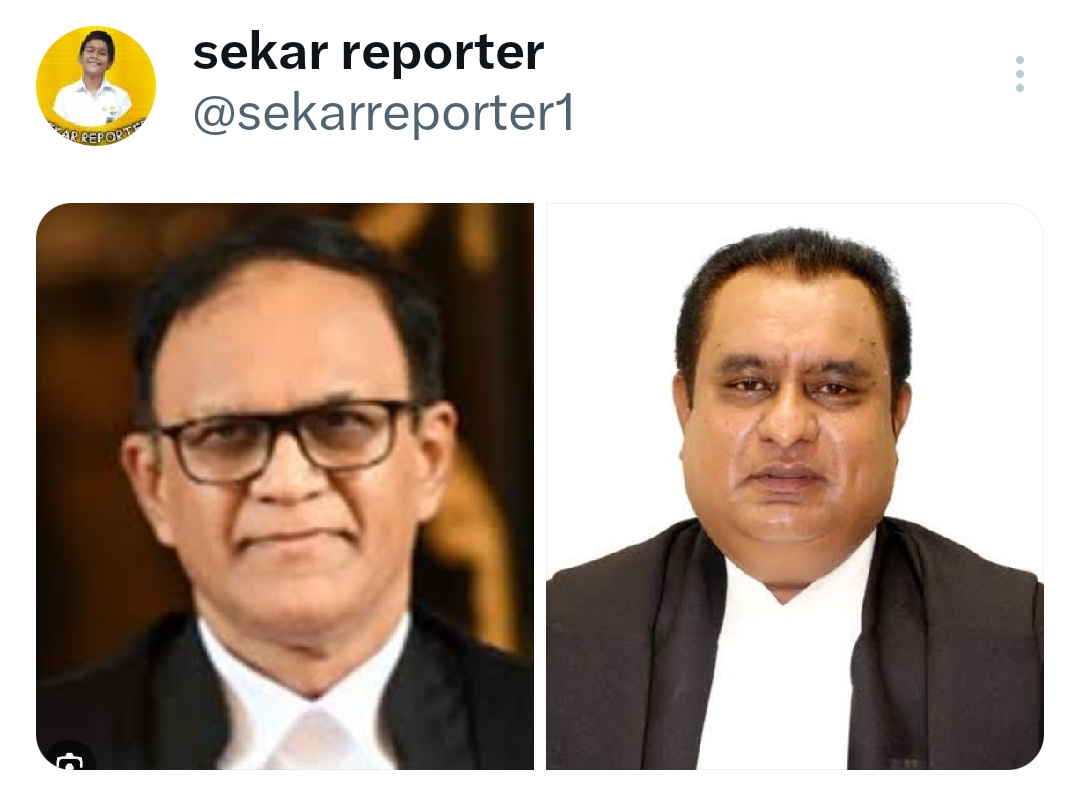Chief Justice Sanjay V. Gangapurwala and Justice J. Sathya Narayana Prasad made it clear that two public interest litigation (PIL) petitions filed against the supply of fortified rice, without conducting a proper scientific study regarding the risk factors, should not be considered an adversarial litigation
HOME
NEWS
INDIA
TAMIL NADU
Fortified rice | Madras High Court directs Centre to look into apprehensions regarding risk factors
May 06, 2024 05:06 pm | Updated 05:06 pm IST – CHENNAI
The Court said, the two PIL petitions that have been filed against the distribution of this rice as there has been scientific study of it, should not be considered adversarial litigations
Mohamed Imranullah S MOHAMED IMRANULLAH S.
The Madras High Court has directed the Centre to look into apprehensions of certain risk factors that might be associated with the consumption of fortified rice supplied through the Public Distribution System (PDS), Integrated Child Development Scheme (ICDS), Midday Meal Scheme and other such welfare schemes.
The First Division Bench of Chief Justice Sanjay V. Gangapurwala and Justice J. Sathya Narayana Prasad made it clear that two public interest litigation (PIL) petitions filed against the supply of fortified rice, without conducting a proper scientific study regarding the risk factors, should not be considered an adversarial litigation.
The judges granted time till June 19 for Additional Solicitor General AR.L. Sundaresan to obtain instructions from the Centre on the contentions of Senior Counsel Rev. Fr. A. Xavier Arulraj, assisted by Rev. Sr. Arul Mary and advocate M. Radhakrishnan that a risk analysis must be conducted before supplying the fortified rice.

The counsel claimed that the operational guidelines issued by the Union Ministry of Consumer Affairs, Food and Public Distribution for evaluating the provision, coverage and utilisation of fortified rice for the target population had not been conducted before commencing the supply of rice through PDS and other schemes.
They also claimed that persons with certain medical conditions should not consume fortified rice and yet, the bags in which they were being supplied do not contain any statutory warning. The Indian Council of Medical Research itself had highlighted the failure to conduct a proper medical evaluation on the target population after implementing the pilot scheme, the counsel said.
It was further submitted that NITI Aayog, a policy think-tank of the Centre, too, had submitted a report suggesting that a baseline study must precede the supply of fortified rice, before its implementation as a pilot project, had not been conducted.
The PIL petitions had been filed by Kanimozhi Manimaran of Tamil Thesiya Periyakkam, an unregistered socio- political movement and advocate M. Vetri Selvan. The petitioners had insisted on the conducting of an independent, scientific social-cum-medical audit of the pilot scheme to supply fortified rice before extending it further.
Rev. Fr. Arulraj told the court that malnutrition was a major issue that was limiting human resource development in the country. However, the Centre was attempting to address the problem through a narrow vision of supplying fortified food through the PDS without any scientific data or holistic analysis, he said.
“As rice is believed to be the staple food of 65% of the population in India and is availed [of] by even the most vulnerable population, the rice fortification scheme has been made the panacea for all ills arising from malnutrition. This perception of the government is considered to be highly erroneous,” he contended.
Explaining that fortification of rice was a process in which essential vitamins and minerals were added to the grain to enhance its nutritious value, he said essential components such as vitamin A, vitamin B12, vitamin B1, iron, zinc, and folic acid were also added during the process.
The Senior Counsel said a three-year pilot scheme for distributing fortified rice was introduced in 15 districts, including Tiruchi, across the country in 2020. He claimed that the Centre as well as the State government were planning to extend the scheme to all other districts without conducting a scientific study of its pros and cons.
Get The Hindu News App on
Get The Hindu News App
